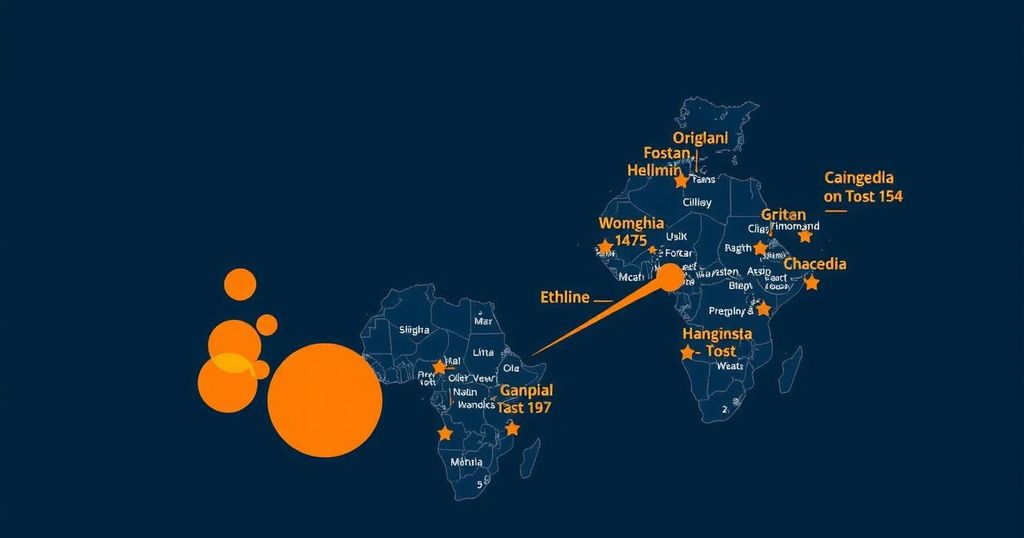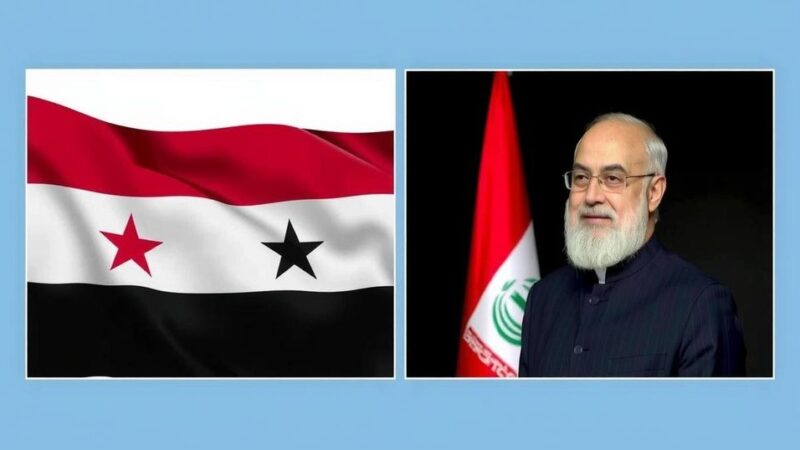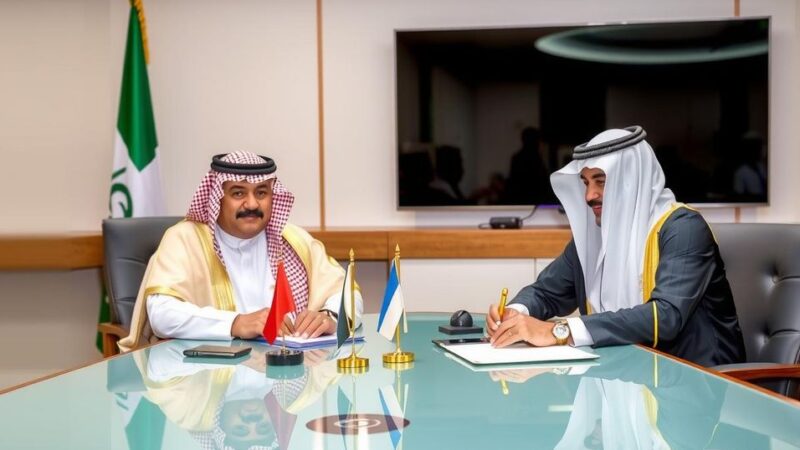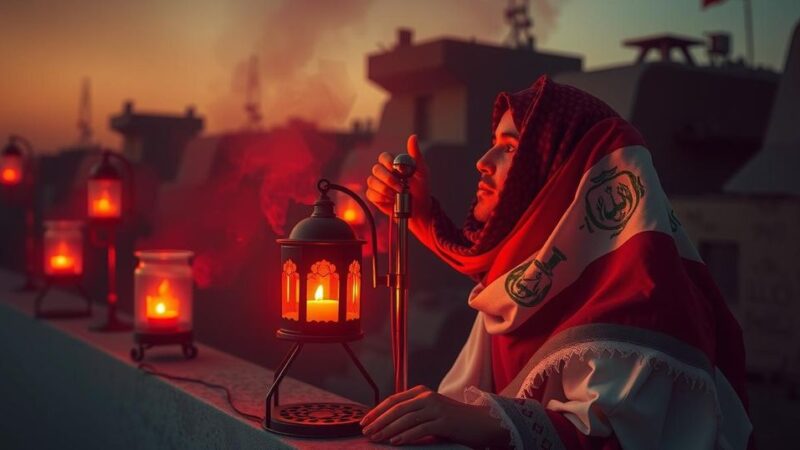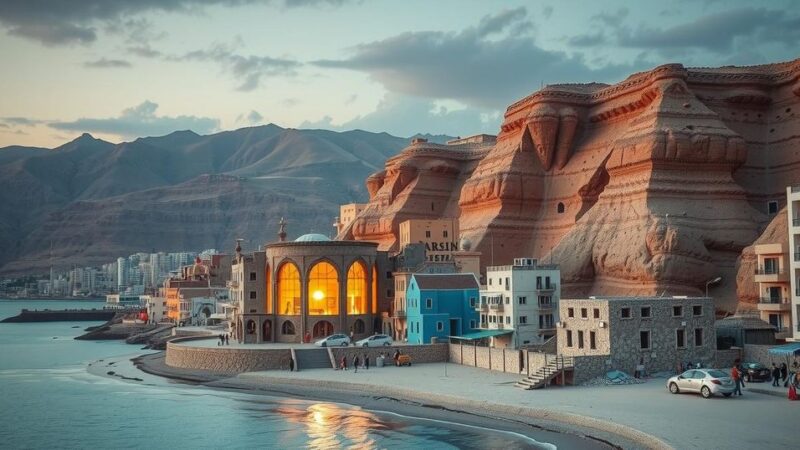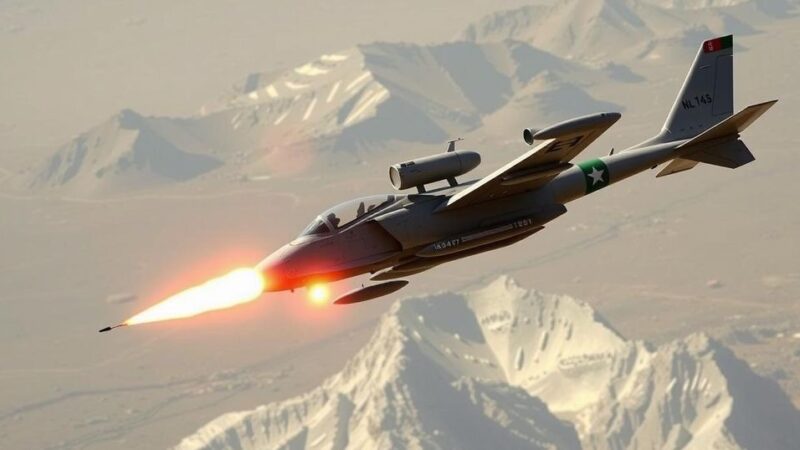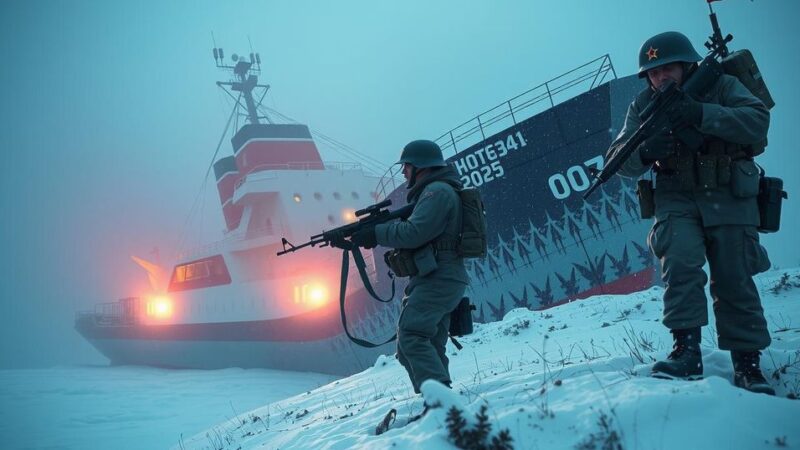The eastern DRC faces escalating violence primarily attributed to the ADF, with recent massacres highlighting the ineffectiveness of military and international peacekeeping interventions. This region has witnessed unprecedented levels of internal displacement, driven by complex armed conflicts and geopolitical shifts, necessitating critical reassessment of traditional international responses. As Western influence recedes, new actors emerge, complicating the humanitarian landscape.
The eastern region of the Democratic Republic of the Congo (DRC) continues to experience brutal violence, recently marked by the killing of at least 18 individuals near Beni, adding to a concerning pattern of massacres over recent months. Such episodes of violence have been primarily attributed to the activities of the Allied Democratic Forces (ADF), a rebel faction with origins in Uganda, which has aligned itself with the Islamic State since 2019. Alarmingly, neither the Congolese army, the Ugandan military, nor UN peacekeeping forces have intervened effectively during such crises, reflecting a pervasive and troubling trend of inaction. The ongoing violence has led to tragic humanitarian consequences, with the region topping international records for conflict-induced displacement, amounting to nearly 7 million people as reported by the International Organization for Migration. Despite these grim statistics, the international community’s focus has largely been narrowed to specific groups like the March 23 Movement (M23), overshadowing the multitude of armed factions exacerbating the conflict. The Congolese government has relied upon nationalist rhetoric to mobilize various militias against M23, inadvertently empowering armed groups and complicating the security dynamics further. Meanwhile, international donors have continued to invest significant resources into conflict resolution efforts; however, these initiatives often lack a nuanced understanding of local political contexts, resulting in ineffective strategies. Critically, the responses to the DRC’s situation frequently stem from oversimplified narratives regarding the causes of unrest, with many commentators invoking outdated colonial stereotypes related to resources and ethnic tensions, thus failing to grasp the intricate political realities at play. Western donors maintain a technocratic approach to DRC’s political issues, offering superficial solutions that rarely address the root causes of corruption and conflict. The inconsistency evident in international responses, such as the conflicting actions regarding military aid for Rwanda amid its support for M23, has only served to undermine the credibility of international interventions. Furthermore, a notable shift in global power dynamics has seen the rise of non-Western influences in the region. In the wake of three decades of conflict, traditional Western approaches to intervention have begun to falter, creating space for alternative power structures, including emerging partnerships that often lack commitment to human rights. As overall international engagements become more fragmented and selective, Congolese elites have increasingly outsourced national security to various armed groups and private military firms. This development reflects a precarious turn towards privatized security governance that diverges from established international standards, only complicating the long-standing crisis in the DRC. The complex interplay of local and global interests has left civilians vulnerable and perpetuated a cycle of suffering and displacement. The need for a candid reassessment of contemporary realities is critical, particularly for those still functioning within the diminishing influence of Western liberal interventionism.
The Democratic Republic of the Congo has been engulfed in conflict for nearly three decades, leading to widespread violence and displacement. The eastern region, in particular, has seen repeated acts of mass violence attributed to various armed groups, including the ADF, which poses a significant humanitarian crisis. The ineffectiveness of international peacekeepers and the inconsistent reactions of the global community have prompted questions about the adequacy of traditional peacebuilding efforts in addressing the complex political landscape of the DRC. With the emergence of new global influences, the dynamic of the conflict is reshaping, reflecting broader shifts away from Western intervention models.
The ongoing crisis in the eastern DRC highlights significant shortcomings in international response mechanisms which have failed to adapt to the region’s evolving political and security context. A critical evaluation of the underlying causes of conflict, alongside the motivations of various stakeholders, is essential to develop effective strategies that transcend outdated paradigms of intervention. The necessity for a more nuanced, collaborative, and responsive approach to conflict resolution is paramount, as the humanitarian implications for civilian populations remain dire in the face of continued violence and political instability.
Original Source: www.aljazeera.com

